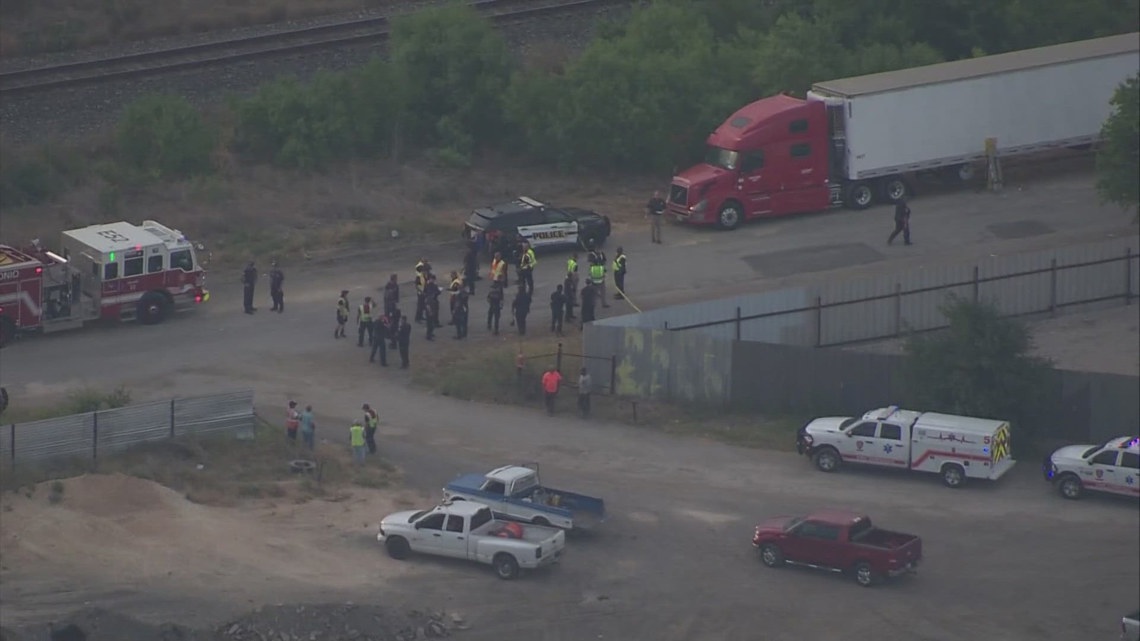
Felipe Orduna-Torres and Armando Gonzales-Ortega face life in prison as a result of the first – and so far only – trial in the 2022 human smuggling tragedy.
SAN ANTONIO — Two Mexican men have been found guilty for their roles in the 2022 Quintana Road human smuggling tragedy, closing a chapter in the operation considered the deadliest incident of its kind in U.S. history.
A federal jury returned the verdict around 3:40 p.m. Tuesday against Felipe Orduna-Torres and Armando Gonzales-Ortega after more than two and a half hours of private deliberations, capping an 11-day trial that included testimony from co-conspirators, medical examiners, law enforcement, and survivors from June 27, 2022, when dozens of migrants were found dead or dying in an abandoned tractor-trailer in southwest San Antonio.
Orduna-Torres and Gonzales-Ortega haven’t been sentenced yet, but they face up to life in prison. They were convicted of several charges, including conspiracy to transport illegal aliens resulting in death.
In their closing arguments, federal prosecutors reviewed evidence they presented to the jury over the past two weeks, saying Orduna-Torres and Gonzales-Ortega’s repeated actions planning the human smuggling operation showed intent. They referenced the 16 other similar schemes the pair are believed to have been a part of.
Prosecutors presented evidence included more than 400 messages showings coordination over transport and cartel ties, adding that the defendants arranged and executed transportation in the days leading up the mass deaths. They recounted how the victims – which included six children – had “no escape,” noting that pleas for help were heard outside the tractor-trailer.
The defense again questions the lack of forensic evidence – including fingerprints, biometrics and videos – and claimed the government was shaping a certain narrative. Defense attorney Edgardo Rafael-Baez repeatedly told the jury it takes courage to stand up to Goliath, insinuating that the government was the Biblical enemy in this case.
Baez also emphasized reasonable doubt, citing there was no direct identification of the defendants at any scene. He urged the jury to question inconsistencies and the lack of physical evidence.
This is a developing story.
